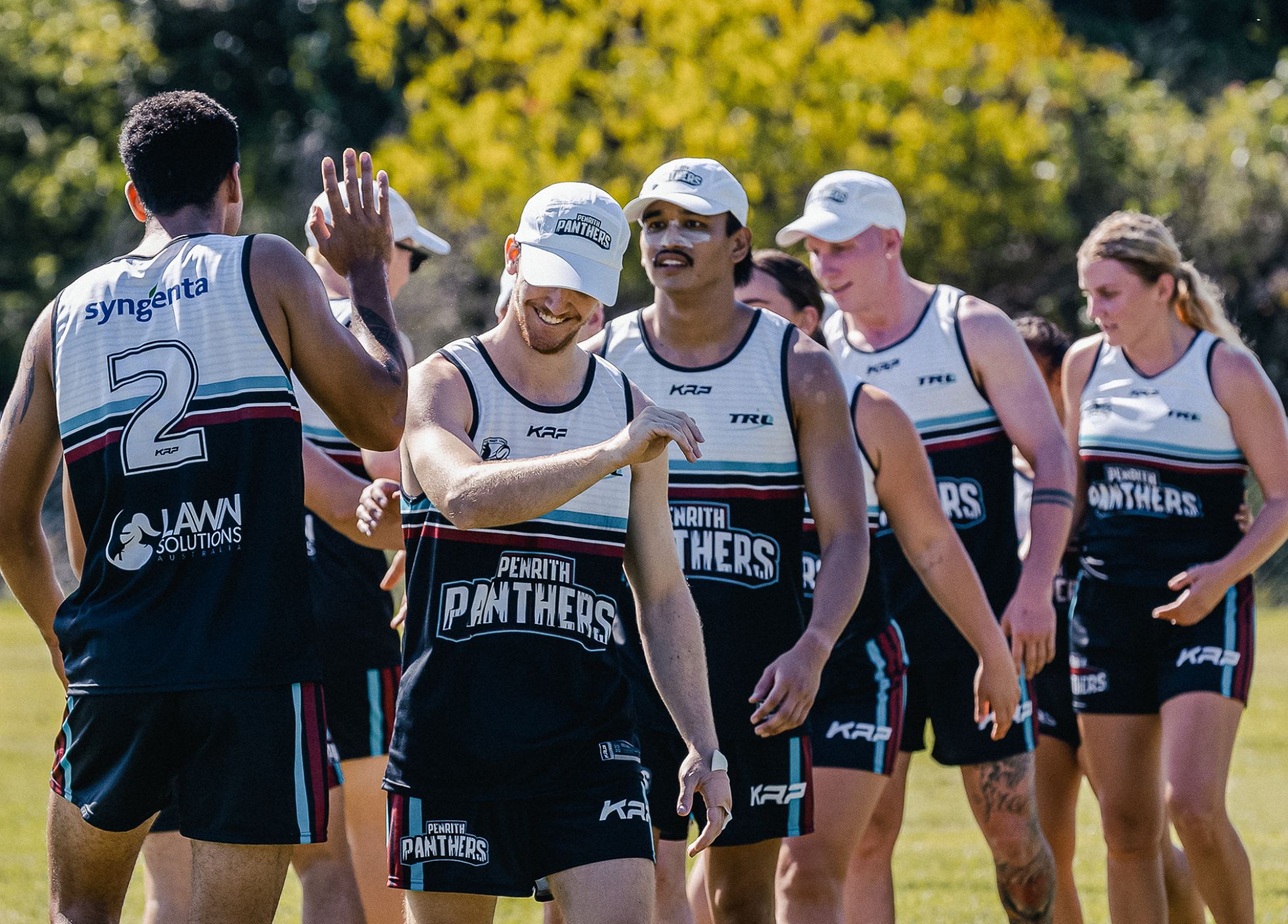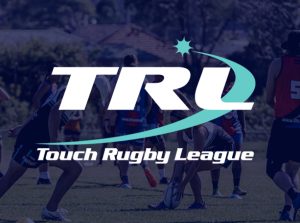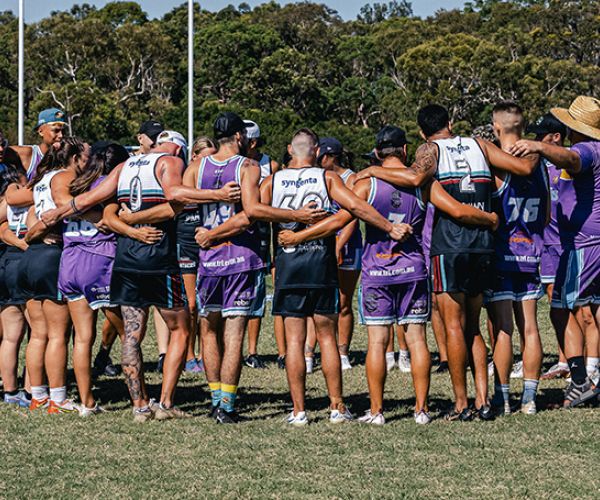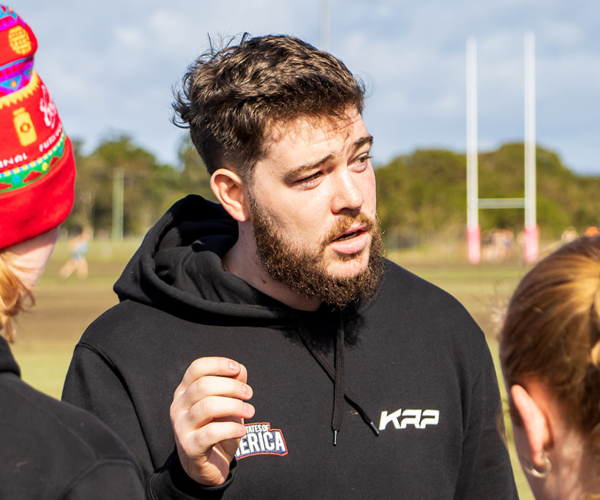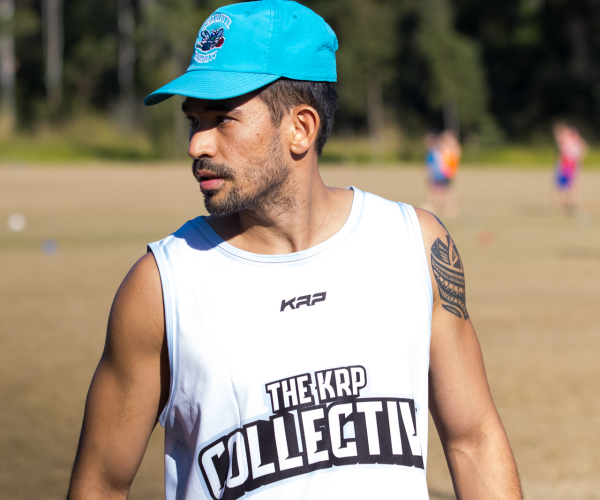ELEVATE
YOUR GAME
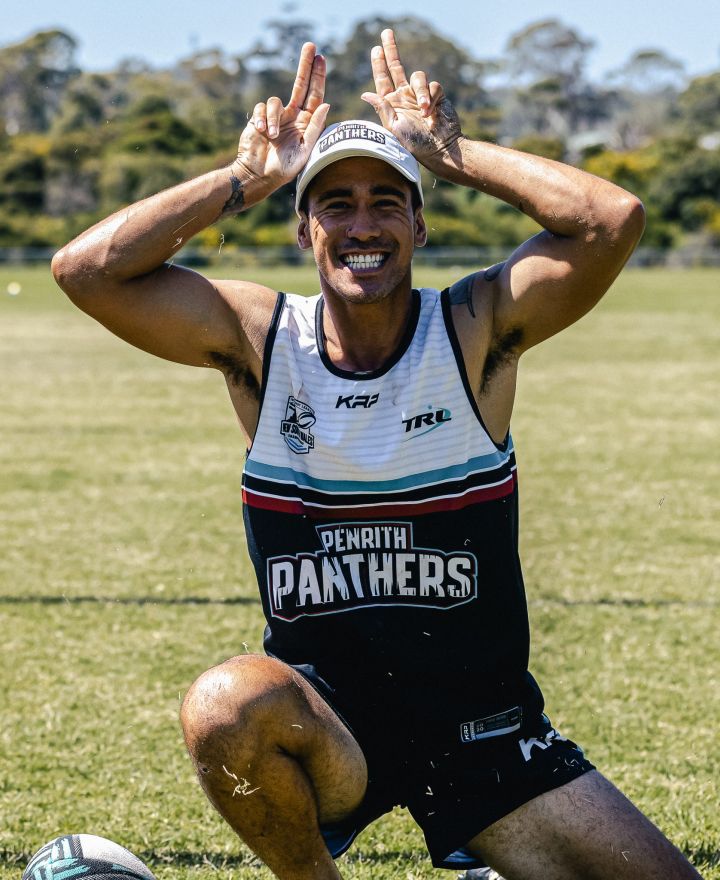
Custom Sportswear
Why Choose KRP
Innovative Design
Dedicated design team with over a decade of experience.
Extensive Range
Diverse product change to cater for all preferences across a multitude of sports.
PRE-MADE Templates
Skip the design stage, just add your team name, and order.
Professional Quality
Professional grade quality, no matter how big or small your requirements.
A team that cares
As sportspeople ourselves, we understand the expectations and we’re here to meet them, every time.
Click below to navigate
Who we are
Our Story
Our journey with KRP Sportswear began from a desire to uplift the standards of sports apparel, not just for the elite but for every athlete and team, no matter their level. This commitment stems from a recognition that a well-designed, quality uniform does more than just clothe an athlete; it boosts confidence, fosters team spirit, and can genuinely enhance performance.
Supporting grassroots sports has always been a cornerstone of our philosophy. We take great pride in equipping young and emerging athletes, understanding that our support can play a significant role in nurturing the next generation of Australian sports stars.
In essence, KRP Sportswear is more than just a company to us; it’s a manifestation of our commitment to the sports community. It’s about creating a legacy that transcends the traditional boundaries of sportswear by combining style, functionality, and a deep-rooted passion for sports at every level.
Customer Testimonials
What do our clients say about us?
-
 KRP Sportswear were hands down the most efficient and seamless team to deal with. We sent off our design and had a sample print the next day. The communication was always instant and any questions we had were answered straight away. The boys are stoked with their training singlets and we are beyond impressed with the quality of the kits. We can’t wait to order again🔥🙌🏽
KRP Sportswear were hands down the most efficient and seamless team to deal with. We sent off our design and had a sample print the next day. The communication was always instant and any questions we had were answered straight away. The boys are stoked with their training singlets and we are beyond impressed with the quality of the kits. We can’t wait to order again🔥🙌🏽Lily Unitt
Club Manager, Yandina Rugby League Football Club -
 Definitely would like to put an above all recommendation out to anybody who’s looking to kit their footy side, fishing club, hiking adventure crew, car enthusiasts squad… I would like to take this moment and thank the hard working crew of KRP Sportswear for making our requirements so easily obtained, and for giving us awesome value for our money. Way to go guys🤙🏾🤙🏾🤙🏾
Definitely would like to put an above all recommendation out to anybody who’s looking to kit their footy side, fishing club, hiking adventure crew, car enthusiasts squad… I would like to take this moment and thank the hard working crew of KRP Sportswear for making our requirements so easily obtained, and for giving us awesome value for our money. Way to go guys🤙🏾🤙🏾🤙🏾Kiwi Patuwai
Social TRL Player -
 KRP Sportswear is the go to place for jerseys! If you’re wanting a custom made boujee jersey – look no further! Kropp Sport offers unique designs, a very quick turn around and ensure they provide you with exactly what you’re needing. So if you want to look extra fly on the sporting field, hit these legends up 👏🏻 Could not recommend more!
KRP Sportswear is the go to place for jerseys! If you’re wanting a custom made boujee jersey – look no further! Kropp Sport offers unique designs, a very quick turn around and ensure they provide you with exactly what you’re needing. So if you want to look extra fly on the sporting field, hit these legends up 👏🏻 Could not recommend more!Georgia White
Social TRL Player -
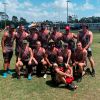 Great designs and jersey fit for women and men! Definitely a company I recommend for any uniform enquires. Owned by a very genuine person who cares about his customers needs and wants. Highly recommended!
Great designs and jersey fit for women and men! Definitely a company I recommend for any uniform enquires. Owned by a very genuine person who cares about his customers needs and wants. Highly recommended!Chelsea Cummins
Social TRL Player -
 Very prompt response and turn around time!! From start to finish, Kropp sport have been a pleasure to deal with. The process was seamless and kept communications through each step. They pride themselves on high customer satisfaction and they did not disappoint. If you need your team fitted out, get in touch with Jordan and his team. Quality product from this lad!! Keep up the solid work guys!!
Very prompt response and turn around time!! From start to finish, Kropp sport have been a pleasure to deal with. The process was seamless and kept communications through each step. They pride themselves on high customer satisfaction and they did not disappoint. If you need your team fitted out, get in touch with Jordan and his team. Quality product from this lad!! Keep up the solid work guys!!David Phillips
Social TRL Player
Latest News
Check out our latest news.
-
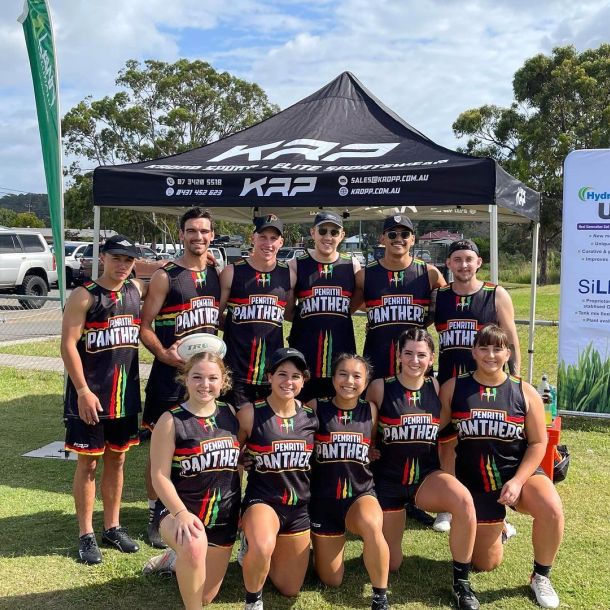 Touch Rugby League
Touch Rugby LeagueTRL NSW State Championships 2022 Recap
Follow the Penrith Panthers TRL mixed side in their venture to Newcastle in an attempt to win the 2022 NSW State Championships.
-
 Kropp Sport
Kropp SportIntroducing Jersey Templates
Upgrade your kit in just 3 easy steps with 60 new pre-made templates. It’s really as easy as 123 for designing your new kit!
-
 Touch Rugby League
Touch Rugby LeagueTRL NSW State Championships 2022 Recap
Follow the Penrith Panthers TRL mixed side in their venture to Newcastle in an attempt to win the 2022 NSW State Championships.



